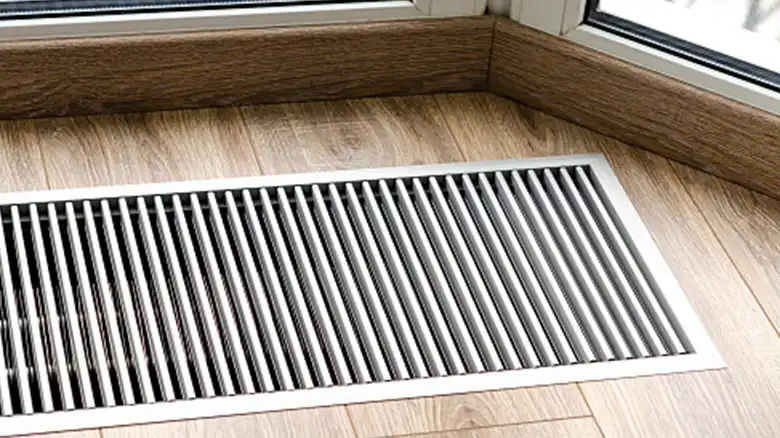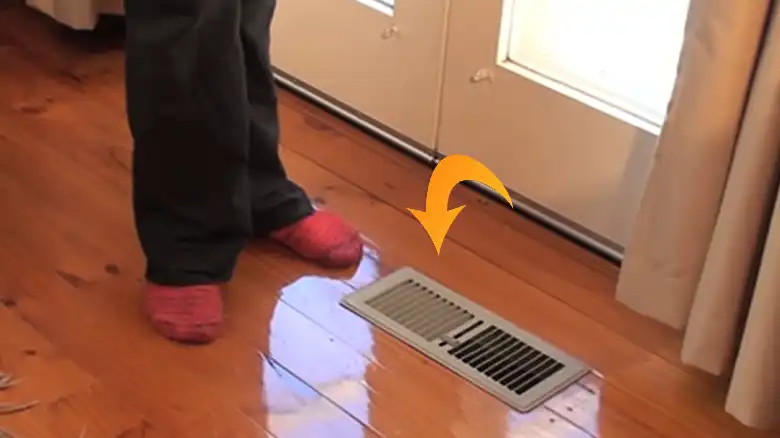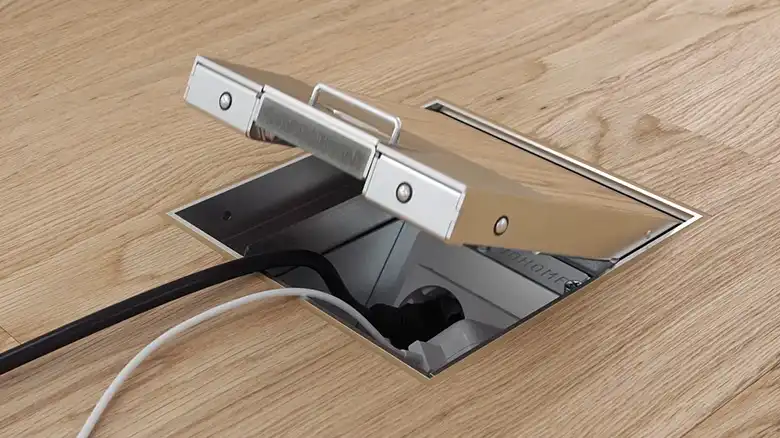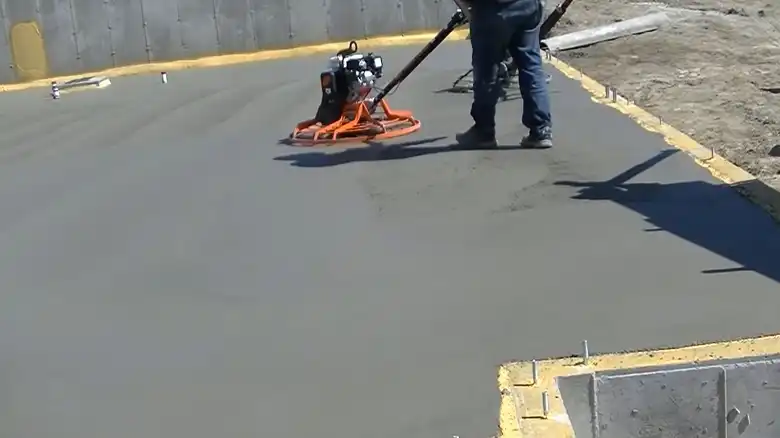Clean floors are a staple of any tidy home. But what happens when you’ve mopped or swept your floors, and they still look dirty? It’s frustrating, to say the least.
There are a few reasons why your floors might still be dirty after cleaning. One common mistake is using too much cleaning product. This can leave a residue on the floor, which attracts dirt and grime. Another common mistake is not rinsing the floor properly after cleaning. This can also leave behind a residue or even soap scum.
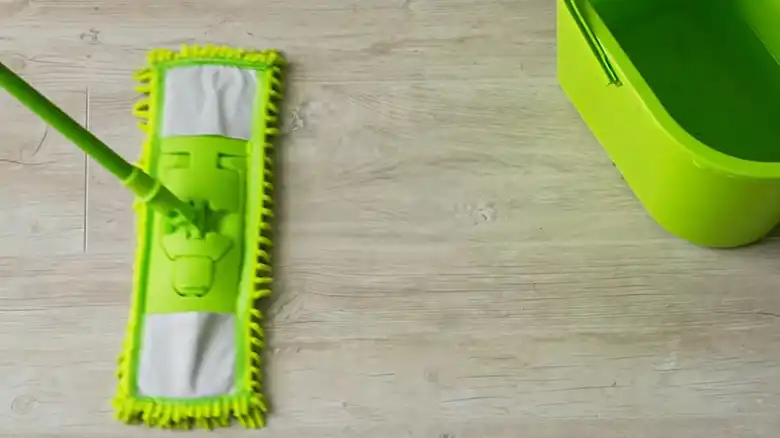
Reasons behind Your Floors Are Still Dirty After Cleaning
There are a few reasons why your floors may still be dirty after cleaning. Some of the most common reasons include:
Using too Many Cleaning Products
When you use too much cleaning product, it can leave a residue on the floor. This residue can attract dirt and grime, making your floors look dirty even after you’ve cleaned them.
To avoid leaving a residue, be sure to follow the instructions on the cleaning product label. And if you’re not sure how much to use, start with a small amount and add more as needed.
Not Rinsing the Floor Properly after Cleaning
If you don’t rinse the floor properly after cleaning, you could leave behind soap scum or residue. This can make your floors look dirty and dull.
To be sure you’re rinsing the floor properly, use a clean mop or sponge and rinse with clean water. You may need to rinse the floor several times to remove all of the cleaning product residue.
Using the Wrong Cleaning Product for Your Type of Flooring
Different types of flooring require different types of cleaning products. If you’re using the wrong cleaning product for your type of flooring, it could damage the flooring or make it look dirty.
For example, using a vinegar-based cleaner on hardwood floors can damage the finish. And using a harsh chemical cleaner on tile floors can etch the tile.
To be sure you’re using the right cleaning product for your type of flooring, consult the manufacturer’s instructions.
Not Cleaning Your Mop Head or Broom Regularly
If you don’t clean your mop head or broom regularly, it will become dirty and spread dirt and grime around your floors.
To keep your mop head and broom clean, rinse them thoroughly after each use. And then, wash them regularly with soap and water.
Having Pets or Children Who Track in Dirt and Debris
If you have pets or children, they’re likely to track in dirt and debris on their paws and shoes. This can make your floors dirty even after you’ve cleaned them.
To help reduce the amount of dirt and debris that gets tracked into your home, vacuum your floors regularly and have your pets’ paws wiped down after they come inside. You can also place mats at the entrances to your home to help trap dirt and debris.
Living in a Dusty Environment
If you live in a dusty environment, your floors are likely to get dirty more quickly. This is because dust can settle on your floors and make them look dirty.
To help reduce the amount of dust in your home, dust regularly and vacuum your floors with a HEPA filter vacuum cleaner. You can also use an air purifier to help remove dust from the air.
Having Porous Floors That Absorb Dirt and Grime
Some types of flooring, such as grout and natural stone, are porous and can absorb dirt and grime. This can make them look dirty even after you’ve cleaned them.
To help keep porous floors clean, seal them regularly. This will help to prevent dirt and grime from absorbing into the flooring. You should also clean porous floors with a mild cleaning product and rinse them thoroughly with clean water.
Tips for Avoiding These Common Mistakes and Getting Your Floors Clean and Shiny
Now that you know some of the reasons why your floors might be dirty after cleaning, here are a few tips for avoiding these common mistakes and getting your floors clean and shiny:
- Use the right cleaning product for your flooring: Be sure to read the label of the cleaning product to make sure it’s safe for your type of flooring.
- Dilute the cleaning product according to the instructions: Using too much cleaning product can leave a residue on your floors.
- Clean your mop head or cleaning tools regularly: Rinse your mop head or cleaning tools in clean water after each use. You can also wash them in the washing machine on a gentle cycle.
- Rinse your floors thoroughly after cleaning: Use clean water to rinse away any residue from the cleaning product.
- Clean your floors often enough: Sweep or vacuum your floors daily and mop them at least once a week. Clean high-traffic areas more often.
If you’ve followed all of these tips and your floors are still dirty, it’s possible that you have a buildup of dirt and grime that needs to be removed professionally. You may want to consider hiring a professional floor cleaner to clean your floors and get them looking their best.

